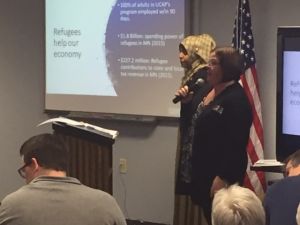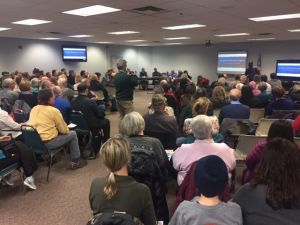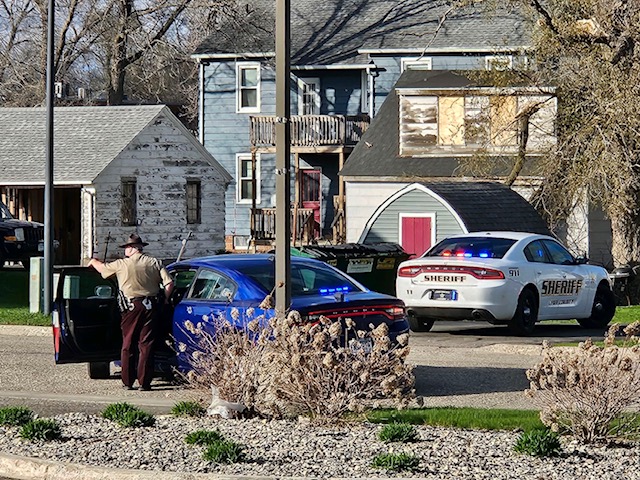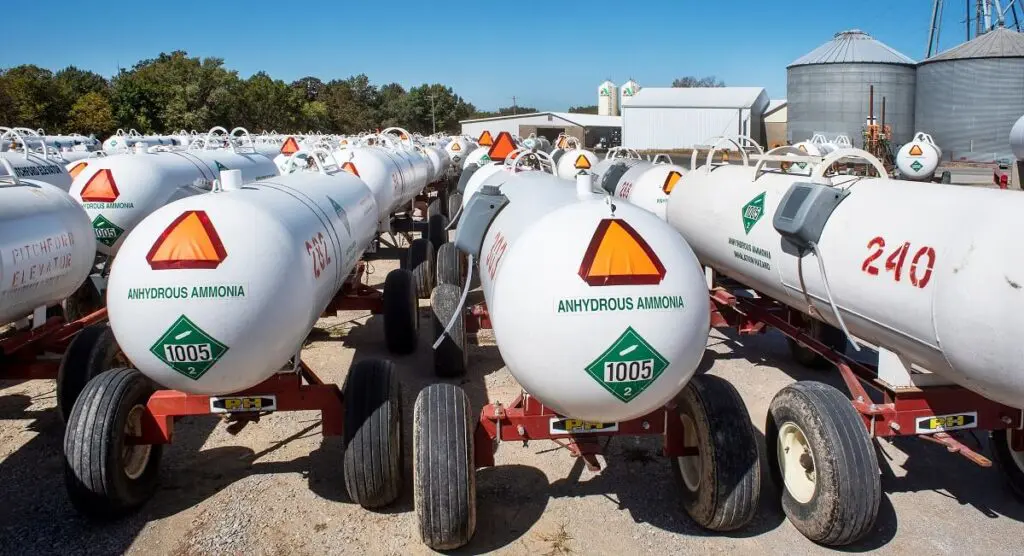
MARSHALL (KMHL) – More than 200 people turned out to attend a public hearing on refugee resettlement in Lyon County held by county commissioners.
Many spoke out in favor of allowing the program, few protested.
United Community Action Partnership’s Angie Larson presented and said there are a lot of misconceptions about the refugee resettlement program.
“I think there was a lot of people who thought that saying yes to this would mean droves of people to the community,” said Larson. “They just didn’t understand what the true issue was.”
Larson points out the UCAP resettlement program only reunites families in Lyon County and has only resettled 37 people over the last three years.
During her presentation she pointed out that denying the resettlement program would do nothing to stop indirect resettlement or fix problems with illegal immigration.
County board chairperson Gary Crowley said he thinks a lot of people are confusing those issues.
“I think some people were tying the refugee program with immigrants and illegal immigrants,” said Crowley. “By holding this meeting it brought it out so people could understand the difference.”

Many of those affected by the program or who moved to Minnesota as refugees talked about how much of a difference this has made in their lives. Some talked about witnessing atrocities and being forced to leave war-torn areas of the world, others talked about long waits and a difficult screening process.
Fadumo Ismail, is a college student at Southwest Minnesota State University. She says her family first moved to Marshall in 1993 as refugees.
“I’m first generation college student, I’m the eldest in my family of four and obviously I’m pro-refugee because that’s how I’m here,” said Ismail. “People should know that we’re not here to mooch of the government or anything like that.”
During her presentation Larson pointed out that 100 percent of the refugees who move to Lyon County are employed during their first 90 days after resettlement.
Commissioners didn’t make any decisions on the program at their meeting. A court injunction on an executive order from President Trump turning the issue over to local governments has prevented that.



